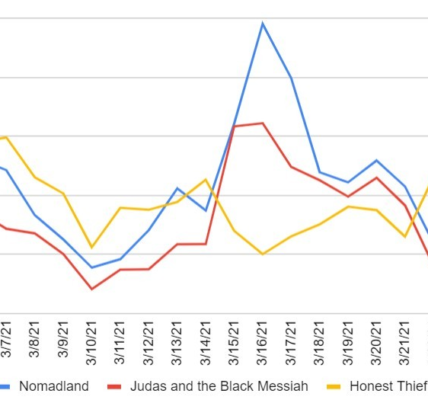Research suggests that French anti-piracy laws have reduced the variety of music consumption.
Recent research has shed light on the impact of France’s anti-piracy law, Hadopi, on digital music sales, revealing both positive and nuanced effects.
The study indicates that Hadopi initially had a positive effect on digital music sales, particularly benefiting bigger artists. However, this impact gradually decreased over time, though it remained relatively stable for larger artists.

Interestingly, the research also suggests that the law may have led to a reduction in the diversity of people’s music consumption during the same period. This finding underscores the complex interplay between anti-piracy measures and consumer behavior.
One intriguing aspect highlighted by the study is the role of piracy in music discovery, particularly for smaller artists. While anti-piracy laws may curb illegal downloading, they could also limit the exposure of lesser-known musicians to potential audiences. This suggests that the discovery element of piracy may have provided a platform for emerging artists to reach new listeners—a factor worth considering in the ongoing debate surrounding digital piracy and its consequences.
The advent of Napster two decades ago marked a seismic shift in the music industry, introducing the public to the concept of widespread online music sharing. This phenomenon, compounded by the proliferation of torrent sites and other pirate services, posed a significant threat to the traditional music business model.
In response, the music industry began to take legal action and advocate for anti-piracy legislation, leading to the introduction of laws like France’s Hadopi law a decade ago. This legislation aimed to combat online piracy through measures such as a graduated response system, imposing fines and potential criminal convictions on repeat offenders.
Initial studies on the effectiveness of Hadopi yielded mixed results. However, a forthcoming paper by KU Leuven researcher Ruben Savelkoul sheds new light on the issue. Analyzing music sales data from France, Belgium, and the Netherlands during the early years of Hadopi, Savelkoul’s research suggests that the law had a positive impact on digital music sales in France, particularly benefiting popular artists.
Interestingly, the study also indicates that while Hadopi’s effect on sales diminished over time, it remained relatively stable for bigger artists. This suggests that stricter anti-piracy measures may have a more pronounced effect on established artists compared to smaller or niche musicians.
Moreover, the research suggests that piracy may play a role in music discovery, particularly for lesser-known artists. By making it easier for consumers to explore new music, piracy could potentially offset the negative impact on sales for smaller artists.
However, stricter anti-piracy measures may also lead to a reduction in music consumption variety, as consumers tend to gravitate towards more popular genres and styles in the absence of piracy. This could limit exposure to diverse musical content and lead to a concentration on mainstream music.
While these findings offer valuable insights into the impact of anti-piracy measures on the music industry, the author emphasizes the need for caution in generalizing the results. Additionally, the shift towards streaming subscriptions as the primary revenue source in the music industry may have altered the dynamics since the introduction of Hadopi, potentially affecting the role of piracy in music discovery today.






